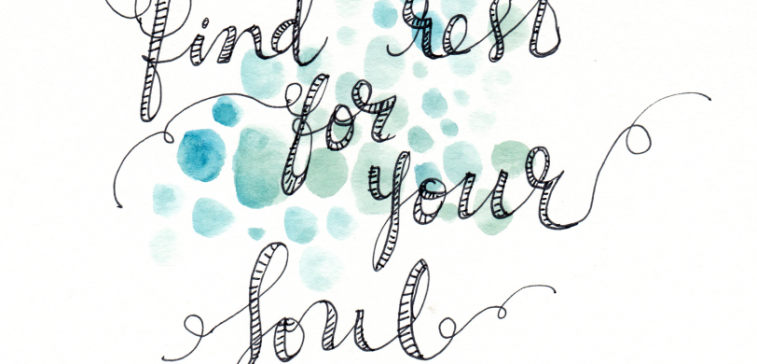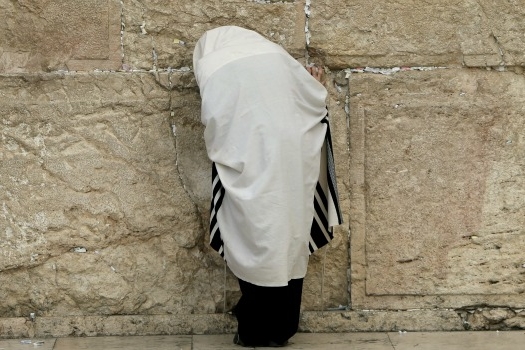BS’D
We are all in need of tremendous rachamei Shamayim, both individually and collectively as a Jewish nation. It is a mitzvah to respond to every crisis which we face by crying out to Hashem in tefilla.
All our emptiness and feeling of lack originally stems from a lack of spirituality. Our neshamot are crying to be heard and paid attention. Teshuva is a gift which is the antidote to this spiritual sickness. “For I am Hashem who heals you” (Exodus 15:26). As we come to understand ourselves and strive to fulfil ourselves spiritually, we bring comfort to our soul.
Elul represents 29 days of fixing and restoring our broken marriage with Borei Olam. Repairing our relationship with Hashem starts with 3 simple words, “I’m sorry”. We have 29 days to explore our true state, our misdemeanors, and to outline the reasons why we are sorry.
Elul represents a spiritual turning point of the year. It is a time of self-accounting and contemplation reflected through prayers and the blowing of the shofar. We seek refuge in Hashem and hope that He will hear our heartfelt prayers and accept our true regret.
During Elul, we can ask ourselves deep and honest questions such as:
- Am I upset with Hashem, chas v’Shalom?
- Do I have complaints?
- Do I need to ‘forgive’ Hashem before He forgives me?
- In what areas do I continue to make mistakes?
- What can I do to improve?
The AriZal teaches that the true Elul experience is the fleeing of one’s sins in fear and desperation and the search for Divine protection. Rav Soloveitchik ztk’l teaches that the selichot we daven during Elul are different than everyday tefillot. They are a tza’aka (a deep cry). Selichot are more intense and compulsive. They are encapsulated by the words, “Aneinu Hashem Aneinu!” a plea for Hashem to answer us.
Today’s daily dose of emuna is dedicated to the refuah shleimah of Eliyah ben Yeshua. May Hashem bless him with a complete healing b’riut hanefesh v’b’iut haguf among all of Klal Yisrael who are sick and suffering b’karov, b’rachamim, Amen.










